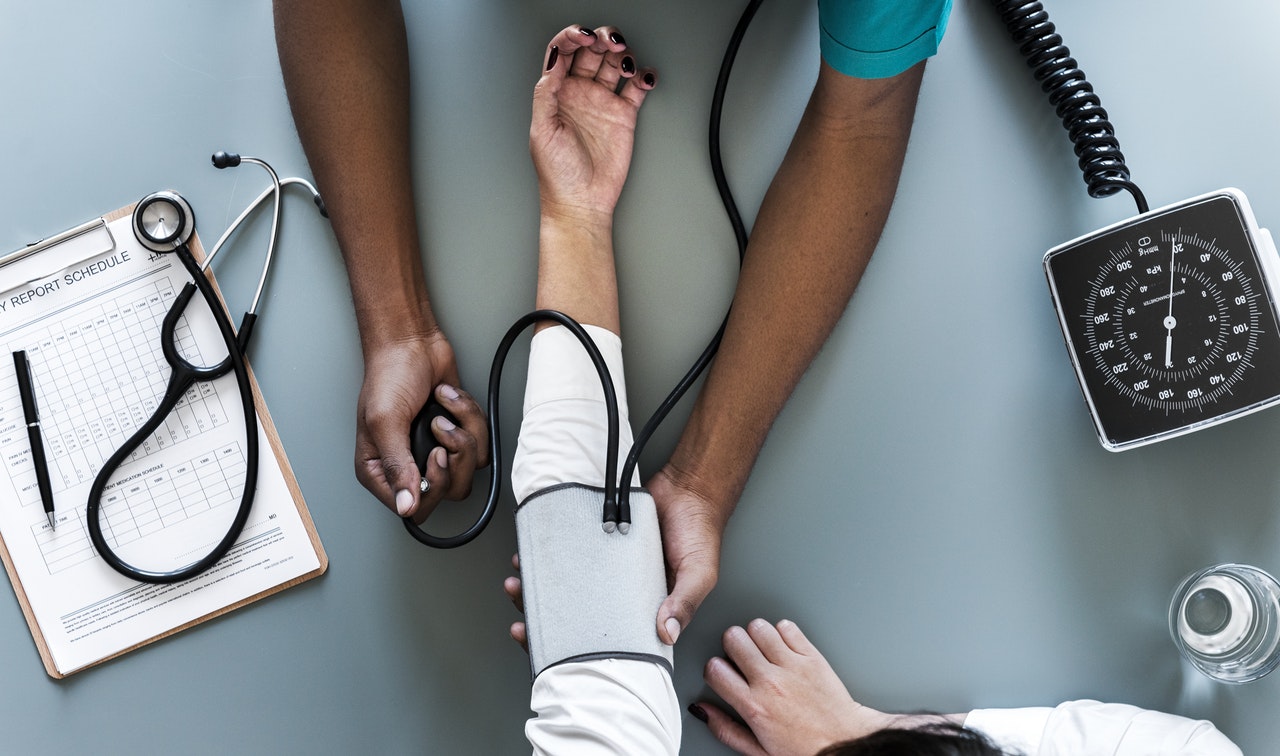So many times illnesses or injuries appear out of the blue. We wake up in the middle of the night with abdominal pain, our child gets a fever over the weekend, someone we know stumbles down the flight of stairs carrying groceries. During these situations, it is difficult to understand where we should go to receive medical attention.
Since the symptoms seem severe, it makes it an emergency. Because our regular doctor’s clinic is closed, we rush to the nearest ER. However, this isn’t needed. Knowing the difference between urgent care and ER can save a life in a medical emergency.
To know the difference between urgent care and ER or what illness or injury should be taken to either can be very confusing. There is a definitely a difference between the way you are treated in an ER, and an urgent care unit.
There are 7,357 urgent care centers in the U.S according to a 2016 report. Urgent care Tampa clinics provide immediate medical attention you are injured or sick, and the regular doctor that you see is not available and you cannot wait for an appointment for any other day. This is how you decide. Think about if the illness or injury that you are feeling. If it is something that you feel comfortable addressing with your regular doctor who is in charge of your primary healthcare then you should opt to visit an urgent care clinic. In fact, it is more appropriate than an emergency room.
Emergency Rooms on the other hands are departments of hospitals that provide medical care at any time, day or night. That being said, unlike an urgent care clinic they have the staff and the equipment ready at all times to perform even the most critical of procedures for things like limb threatening situations, heart attacks, traumatic injuries, injuries from a car accident, and strokes.
When Should You Go to the ER
There are certain medical conditions which are classed as emergencies because they leave little room to survive and therefore also require advanced treatments like surgery or rapid treatments which are only available in a hospital setting.
Some symptoms that are best evaluated only in an emergency room include:
- Vaginal bleeding with pregnancy
- Severe flu or cold symptoms
- Facial lacerations
- Severe cuts that need stitches
- Seizures
- Fever with rashes
- Multiple Broken Bones
- Concussions and mental confusion
- Eye injury
- Head injury
- Serious burns
- Fainting and a changing mental state
- Slurred speech
- Numbness on one side
- Sudden weakness on a part of a body
- Chest pains
- Difficulty breathing
- Uncontrolled bleeding
- Sudden vision loss
It is important that during this time we know to trust our instincts. If we are sure that a case should be taken to the ER then we should do it. If our intuition tells us to go to the emergency room, we should do that just to be safe.
When Should You Visit Urgent Care?
Urgent care differs greatly from emergency care. A study conducted by the National Center for Health Statistics discovered that patients who visited the ER, 48 percent were people who only visited because their regular doctor’s office was closed. This shows that people, in general, are not aware of the purpose or benefits or an urgent care center.
People have increasingly started using the Emergency Room as a place for after-hours care for minor illnesses of injuries that can be easily taken care of at an Urgent Care center. This sadly leaves little space for patients who actually are facing a medical emergency.
Urgent care centers are same day clinics that are equipped to handle a range of medical issues which need to be treated right away but may not be considered real emergencies in which every minute counts. Some symptoms that you can get treated and evaluated at an urgent care center include:
- Vomiting, diarrhea, dehydration
- Urinary tract infection
- Skin Rashes
- Skin infections
- Fever and flu
- Eye irritation
- Diagnostic services like lab tests
- Breathing difficulties or mild asthma
- Sprains
- Minor broken bones like in a finger or a toe
- Congestion and Cough
- Ear pain
The urgent care clinic offers other services like vaccination. Remember this is where you go when you are not feeling well, but it’s not extremely serious in which case you go to the ER. Also whichever place you visit, always bring a list of medication that you are already taking including vitamins and supplements.
